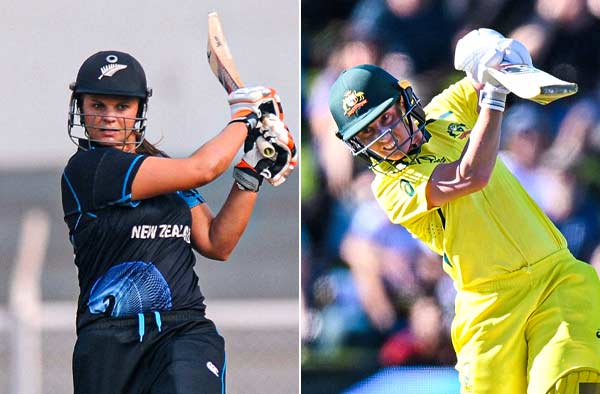Cricket’s grandest stages often bring out the best from legendary performers, and the ICC Women’s Cricket World Cup has continually celebrated individual brilliance across decades. The “Player of the Tournament” accolade, especially from 2000 onward, not only honors remarkable run-scoring and game-turning spells but also reflects pivotal moments that shaped each tournament’s narrative, cementing legacies in the sport’s folklore.

From Lisa Keightley’s 2000 breakthrough to Alyssa Healy’s record-shattering 2022, each edition has witnessed one player rise above, delivering under pressure in crunch games and finals. Their performances often proved decisive—impacting outcomes, inspiring teammates, and enthralling fans worldwide.
Lisa Keightley (2000)
During the 2000 World Cup, Lisa Keightley was the mainstay of Australia’s batting lineup, scoring 375 runs and remaining composed under pressure. Her unbeaten 91 against South Africa in a must-win encounter was a campaign-defining knock, effectively guiding her side into the final with her authoritative strokeplay and calmness. Keightley’s ability to hold the innings together was seen throughout the competition, playing key roles in tight chases and consistently forging crucial partnerships for Australia.
Karen Rolton (2005)
Karen Rolton’s 2005 World Cup legacy is forever linked to her unbeaten 107 in the final, a match-winning masterclass that steered Australia to the trophy and stamped her authority on the tournament. While her aggregate of 246 runs may look modest, it was her ability to deliver on the grandest stage—soaking up the occasion and dismantling India’s bowling—that made this knock legendary. Rolton’s performances set new benchmarks for clutch batting under pressure, with her calm professionalism becoming a defining image of Australia’s triumph.
Claire Taylor (2009)
Claire Taylor’s 324 runs in the 2009 tournament helped power England to their first World Cup title in 16 years. She showcased match-winning temperament, most notably suiting up with a 101. Taylor remained England’s axis all tournament, combining cautious accumulation with bursts of attacking play, and was instrumental in snuffing out pressure moments on England’s road to glory.
Suzie Bates (2013)
Suzie Bates dominated the runs chart in 2013 with 407 runs—showcasing skill, power, and consistency at the top of the order. Bates repeatedly anchored New Zealand’s batting, producing an imperious 102 against Australia and several other robust opening stands that gave her team solid starts. Though the White Ferns missed out on the final, Bates’ consistency and leadership inspired her side and earned plaudits across the cricketing world.
Tammy Beaumont (2017)
Tammy Beaumont, with her 410 runs, played a crucial role in England’s victory in the World Cup at home. Highlight performances included her brilliant 148 against South Africa in the group stage, one of the highest ever female ODI World Cup scores, Beaumont’s fearless attacking approach at the top enabled England’s positive, high-scoring style and set up dominant match situations throughout the event.
Alyssa Healy (2022)
In 2022, Alyssa Healy set World Cup records by achieving 509 runs, including a remarkable 170 in the final against England. Her semi-final (129 v West Indies) and final (170 v England) heroics underlined her reputation as a big-match player, while audacious strokeplay and audacity dismantled bowling attacks from the outset. Healy’s all-out aggression and sense of occasion helped Australia lift another World Cup and set a new standard for impact performances in women’s cricket.
The journey of these outstanding players from 2000 to 2022 highlights the evolution and growing stature of women’s cricket on the world stage. Each Player of the Tournament not only delivered consistent match-winning performances but also embodied the spirit and competitiveness of the game, inspiring future generations. Their remarkable innings and records have helped elevate the profile of women’s cricket, enriching its legacy with unforgettable moments and setting high standards for those to come.
